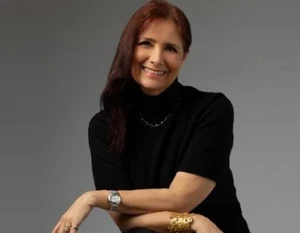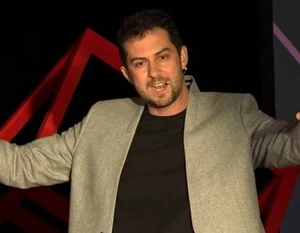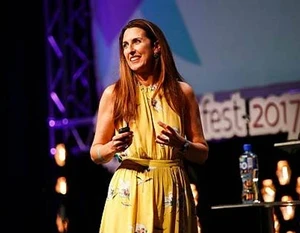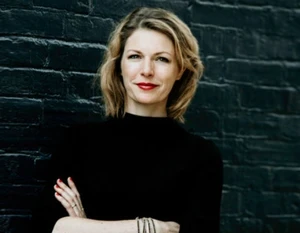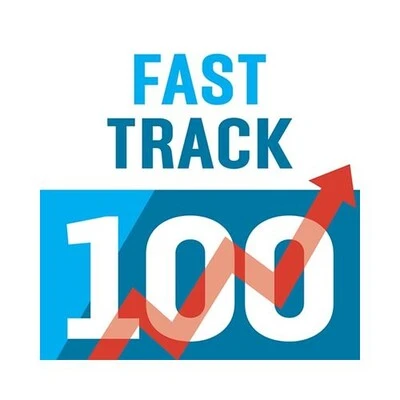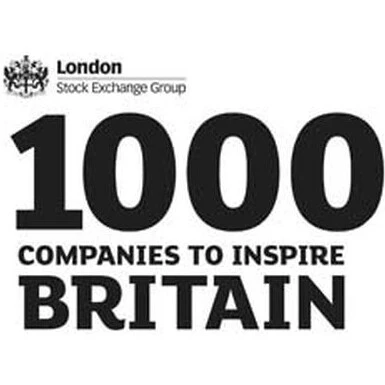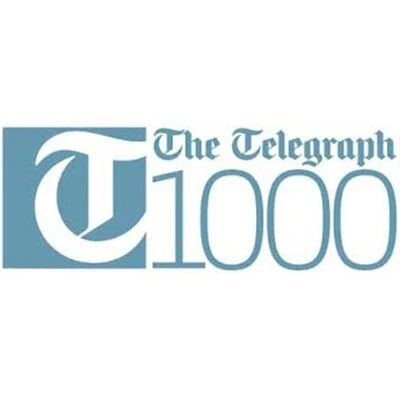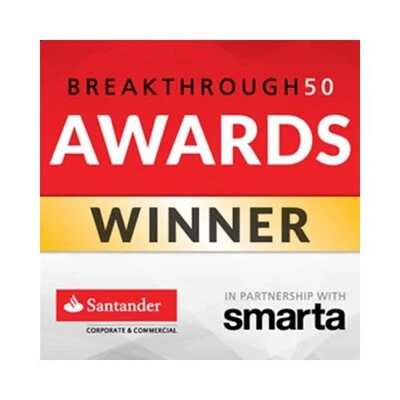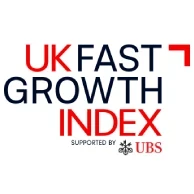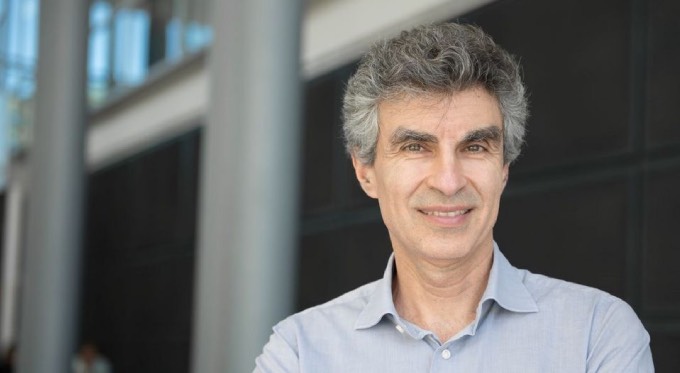
Yoshua Bengio is a foremost expert in AI, renowned globally for his pioneering contributions to deep learning and artificial neural networks. He recently made headlines for stating that he feels lost over his life’s work, fearing that AI could lead to the extinction of humanity. One of three godfathers in AI, he was the second to voice his concerns after Geoffrey Hinton abruptly left Google to speak freely about the risks of AI. Concerned about the rapid rate and direction AI is developing, Yoshua candidly shares his fears in his speaking engagements.
Enrolling at McGill University in 1982, Yoshua earned a B.Eng in Computer Engineering, an MSc in Computer Science and a PhD in Computer Science. He then joined the Massachusetts Institute of Technology as a postdoctoral fellow in 1992, studying statistical learning and sequential data. Building further on his knowledge, he completed a second postdoc at AT&T Bell Laboratories, specialising in learning and vision algorithms. In 1993, he became a Professor in the Department of Computer Science and Operations at Universite de Montreal, where he has presided for over three decades.
A celebrated thought leader in AI, Yoshua is the founder and Scientific Director of MILA, a world-leading academic institute in deep learning. He is also the co-director of the CIFAR Learning in Machines & Brains program and the Scientific Director of IVADO. Moreover, Yoshua is an advisory member of the NeurIPS Foundation board and co-founder of the ICLR conference. Recipient of the prestigious Turing Award in 2018, he was also the most cited computer scientist globally during the same year. In 2019, he gained the Killam Prize and IEEE CIS Neural Networks Pioneer award, and in 2023, he was included in the Time 100 Most Influential People in AI.
Fellow of the Royal Society of London and Canada, Yoshua also has the largest h-index impact factor in computer science worldwide. Outspoken of his concerns regarding the social impact of AI, Yoshua is one of the main contributors to the Montreal Declaration for the Responsible Development of Artificial Intelligence. Currently calling for the immediate regulation of AI, Yoshua is especially afraid of military applications and the potential for malicious AI use by bad actors. In his speaking engagements, he delves into the threats of AI and explores potential solutions. One of three global leaders in AI, Yoshua is a highly sought-after speaker.
Books
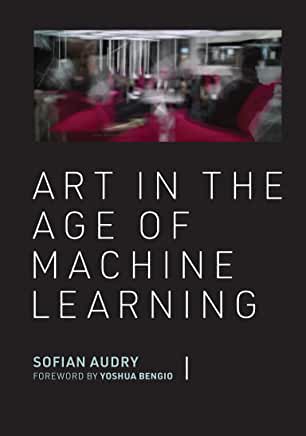
Art in the Age of Machine Learning
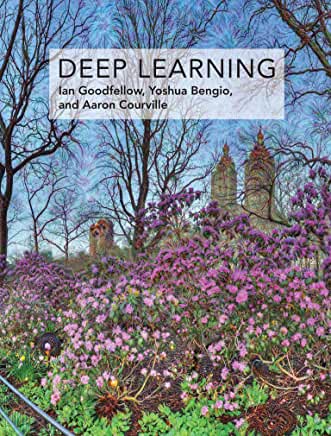
Deep Learning
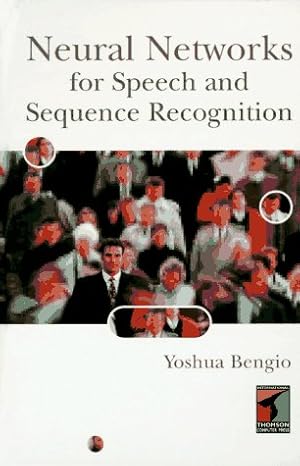
Neural Networks for Speech & Sequence Recognition
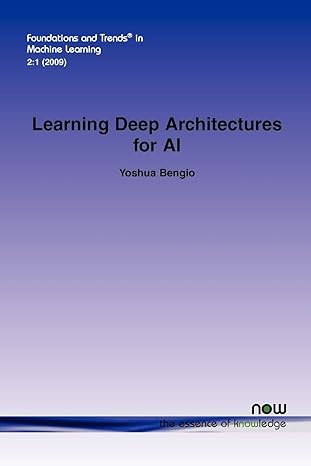
Learning Deep Architectures for AI
- 2024 - Named on the TIME Magazine 100 Most Influential People Globally list
- 2024 - The most cited computer scientist by h-index
- 2023 - ACM Fellow
- 2023 - Appointed to the United Nations Scientific Advisory Council on Technological Advances
- 2023 - Appointed Knight of the Legion of Honour
- 2022 - Recipient of the Princess of Asturias Award in the Scientific Research category
- 2021 - Author of "Art in the Age of Machine Learning"
- 2020 - Elected as a Fellow of the Royal Society
- 2018 - Recipient of the ACM A.M. Turing Award
- 2017 - Named an Officer of the Order of Canada
- 2017 - Made a Fellow of the Royal Society of Canada
- 2016 - Author of "Deep Learning"
- 2016 - Co-Founder of Element AI
- 2009 - Author of "Learning Deep Architectures for AI"
- 1995 - Author of "Neural Networks for Speech & Sequence Recognition"
- 1993 - Full Professor at Université de Montréal
- 1992 - Post-Doc at AT&T Labs Inc.
- 1991 - Post-Doc at MIT
- 1989 - Research Assistant at McGill University
How to hire Yoshua Bengio
Contact the Champions Speakers Agency to provisionally enquire about hiring Yoshua Bengio for your next event, today. To get in touch, simply call an official booking agent on 0207 1010 553 or email us at [email protected] for more information.
** We do NOT accept requests for autographs, signed merchandise, fan mail, birthday messages or any other non-commercial contact with the speakers or acts. Each speaker on the website may not have necessarily worked with Champions in the past but are known to perform such engagements within the industry.
